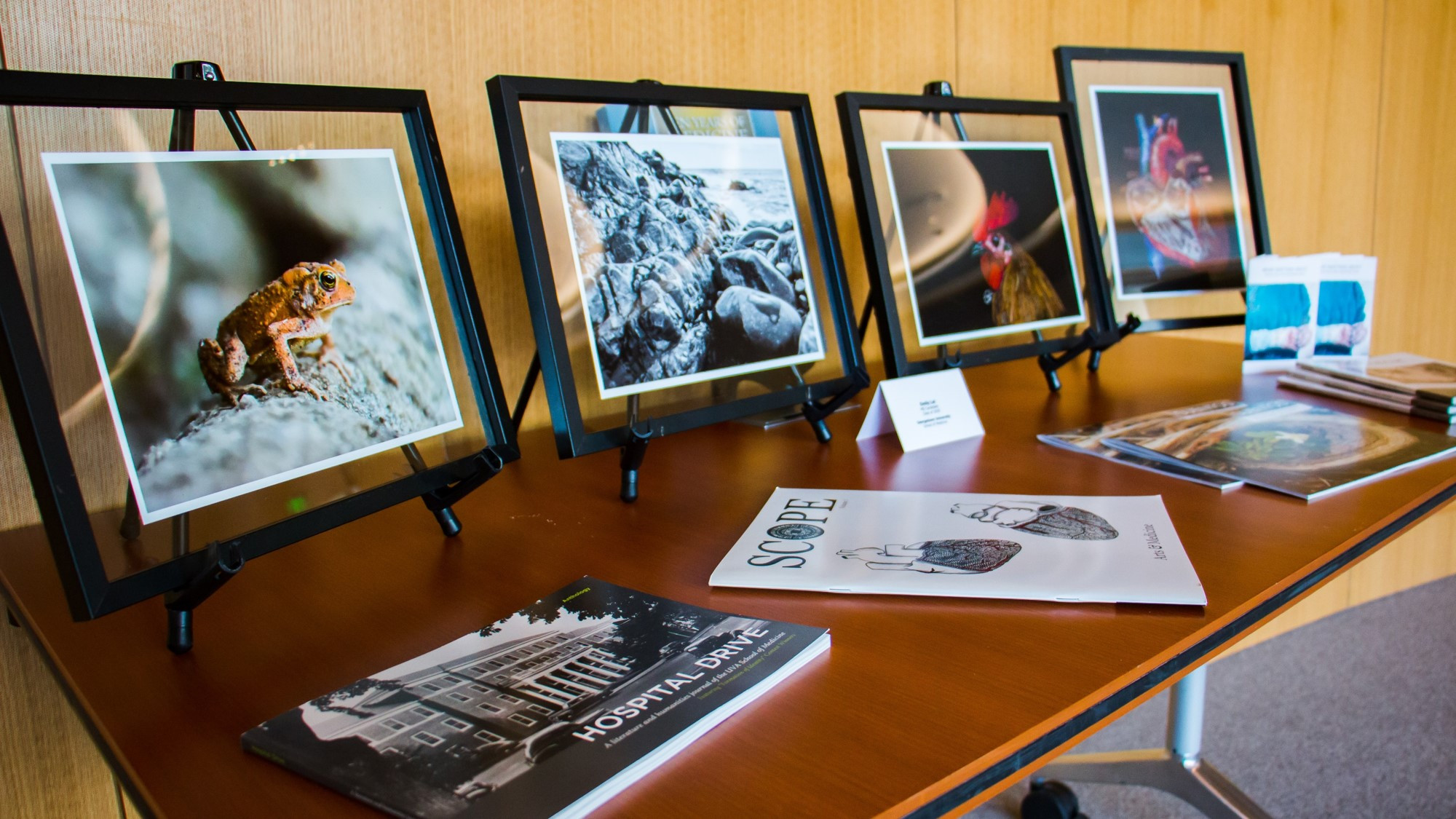
“One of the essential qualities of the clinician is interest in humanity for the secret of the care of the patient is in caring for the patient.” (Frances W. Peabody, 1927)
If we hold this truth, what is the fundamental role of the humanities and arts in the training and development of physicians? How can we partner with our professional colleagues across diverse fields to share lessons and advance health professions education? These are just some of the questions we hope to address through the Association of American Medical Colleges’ (AAMC) strategic initiative: The Role of Arts and Humanities in Physician Development: From Fun to Fundamental.
We believe that learning experiences that effectively integrate humanities and arts within the medical education curricula and throughout physicians’ professional practice may provide fundamental lessons in critical areas, such as professionalism, creative thinking, clinical reasoning, leadership, ethical discernment, and altruism. These lessons may ultimately lead to greater joy in one’s practice and the delivery of more empathic and effective care. In our current health care environment of rapid change and increasing complexity, the arts and humanities may be what’s needed to support physician development now more than ever.
The Foundations of Medical Education
Over the years, the AAMC has sought to articulate various critical foundations for the education of future physicians. In 2009, the AAMC collaborated with the Howard Hughes Medical Institute to publish the first of their Foundations monographs, “The Scientific Foundations for Future Physicians.” The AAMC published the second Foundations monograph, “Behavioral and Social Science Foundations for Future Physicians,” in 2011. These Foundations documents, which have been distributed widely to medical educators, guide curricular planning and execution. However, these earlier monographs focused on the medical school curriculum and not residency or continuing education. In late 2016, senior leaders within the AAMC began to consider whether a third Foundations monograph was needed to provide a more complete representation of the foundations for the education and professional development of physicians.
Building on the Foundations
The AAMC, with support from the National Endowment for the Humanities (NEH), jointly held the Thought Leaders Forum on July 11–12, 2017 in Washington, D.C. to better understand the current landscape of the arts and humanities in medicine and to ideate on how best to approach a broader effort. We included a diverse cadre of participants based on gender, race, ethnicity, years in practice, and medium of arts/humanities area of practice. Attendees represented diverse academic medical centers throughout the United States and Canada. Experiential activities included a gallery walk and creativity bursts to better understand various approaches for medical student humanities and arts-based programs.
The activities for Phase II of this initiative directly build upon the work of the Phase I Forum and related successes. This second phase was recently launched, with support from the Macy Foundation, and consists of three parts:
- A scoping review and catalog of humanities programs currently being deployed.
- The formation and charge of the Humanities and Arts Integration Committee to define the foundational role of the humanities and the arts in physician professional development.
- The development of digital solutions for cataloging and showcasing promising programs in the arts and humanities in medical education.
This work was recently beautifully
described by M. Roy Wilson, MD,
president of Wayne State University and chair of the AAMC Board of Directors,
at Learn Serve Lead 2018, the Association’s 129th annual meeting. During his
address titled, “The
Most Important Lesson I Learned in Medical School,” Dr.
Wilson shared that “being good
to medicine means—despite the
relentless advances of technology and science—embracing the arts and humanities as
fundamental to the preparation of physicians and preserving humanism in our
profession.”
We Want to Hear from You!
What was espoused nearly 100 years ago, remains true today: “The art of medicine and the science of medicine are not antagonistic but supplementary to each other.” Tell us how your experiences in the arts and humanities have helped to shape your professional identity or inform your practice, connect with your patients or your learners, add joy to your work, or advance your clinical skills. Share your story below or write to: [email protected].
Alison Whelan, MD, is Chief Medical Education Officer at the AAMC. Lisa Howley, PhD, MEd, is Senior Director,
Strategic Initiatives & Partnerships in Medical Education at the AAMC.